Encyclopaedia Explorer - AI-Powered Virtual Encyclopedia
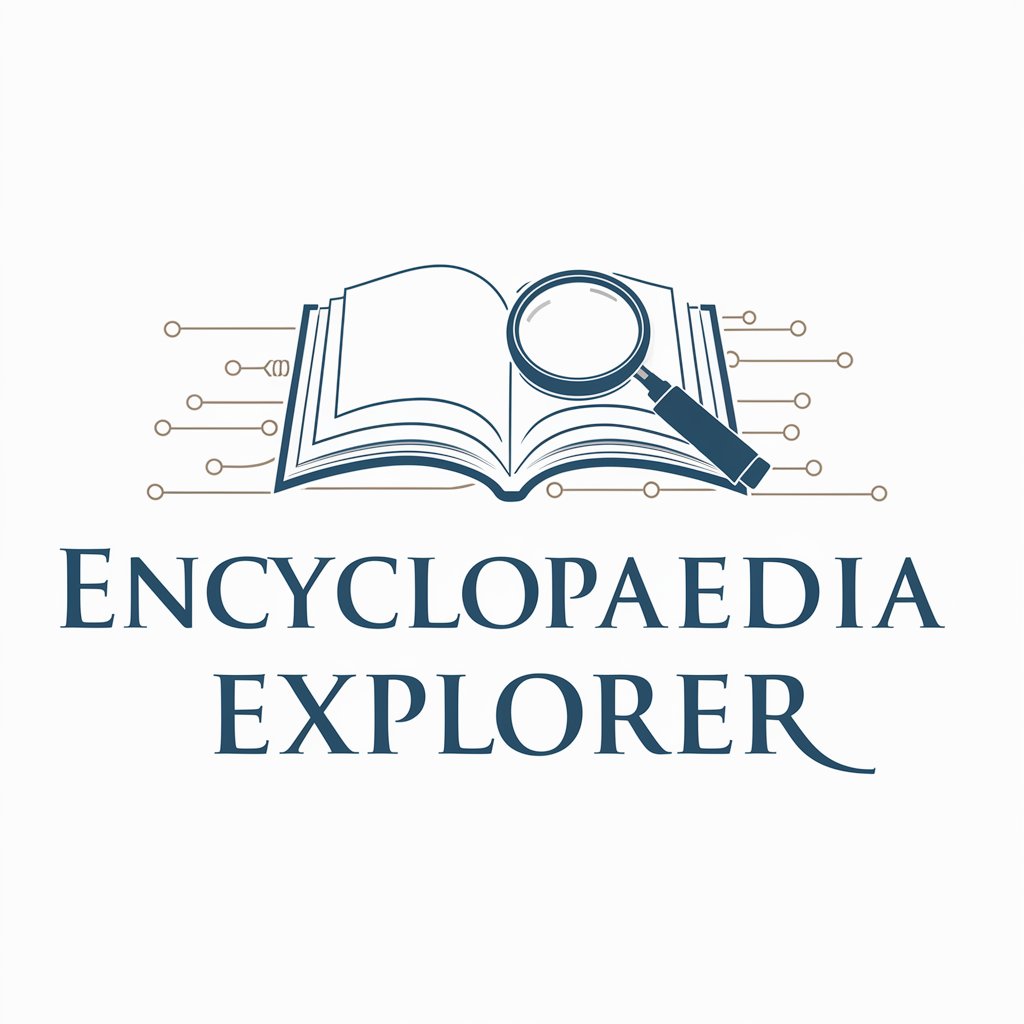
Welcome to Encyclopaedia Explorer! Let's embark on a journey of knowledge.
Explore Knowledge with AI Insight
Select a letter to explore a specific topic: A, B, C, or another letter of your choice.
Opt for 'random' to have a letter chosen for you, and discover a fascinating subject within that letter.
Specify a topic starting with a chosen letter, or let me select a 'random page' for a surprise topic.
Dive into a comprehensive explanation by picking a letter or choosing 'random' for an unexpected journey.
Get Embed Code
Overview of Encyclopaedia Explorer
Encyclopaedia Explorer is designed as a virtual encyclopedia that combines comprehensive knowledge exploration with a structured, user-directed interface. The platform invites users to either select a specific letter of the alphabet or opt for a 'random' selection, thereby allowing access to information on a wide range of topics that start with the chosen letter. Once a letter is chosen, users can either request detailed explanations on a specific topic beginning with that letter or choose 'random page' for the platform to provide information on a randomly selected subject. This design enables Encyclopaedia Explorer to serve as a versatile and dynamic resource, offering factual, scholarly content in a user-driven format. Examples of usage include a student using the 'A' section to gather comprehensive details on Aristotle for a philosophy essay or a trivia enthusiast exploring 'R' for random facts about the Renaissance. Powered by ChatGPT-4o。

Core Functions of Encyclopaedia Explorer
Alphabetical Exploration
Example
A user selects the letter 'S' and requests detailed information on 'Shakespeare'.
Scenario
This function is particularly useful in educational settings, where students or educators need structured access to information on specific figures or topics for academic purposes.
Random Topic Selection
Example
Choosing 'random page' under the letter 'M' might provide an in-depth exploration of 'Marsupials'.
Scenario
Ideal for users looking to expand their knowledge base or engage in casual learning, this feature allows for spontaneous educational journeys through various subjects.
Target User Groups of Encyclopaedia Explorer
Students and Educators
This group benefits from the structured access to a wide range of topics, particularly for academic research, lesson planning, and enhancing curricular content with up-to-date and comprehensive details.
Curious Learners
Individuals with a thirst for knowledge who enjoy exploring new topics randomly or who seek specific information about a particular subject benefit from the flexibility and depth of information available.
Professionals
Professionals in various fields may use Encyclopaedia Explorer to gather detailed background information, historical context, or technical data relevant to their field, supporting professional development and informed decision-making.

How to Use Encyclopaedia Explorer
Access the Service
Visit yeschat.ai to try Encyclopaedia Explorer for free without needing to login or subscribe to ChatGPT Plus.
Select a Letter
Choose a specific letter of the alphabet or select 'random' to explore a topic from a randomly chosen letter.
Specify a Topic
After selecting a letter, you can either specify a topic that starts with that letter or choose 'random page' to let the system select a topic for you.
Review the Information
Read the comprehensive, scholarly explanations provided. Each entry includes related facts and, where relevant, images to enhance understanding.
Utilize Efficiently
Use Encyclopaedia Explorer for detailed research, homework help, or satisfying curiosity about diverse subjects. The tool is optimized for educational and informational use.
Try other advanced and practical GPTs
Encyclopaedia Guide
Empowering Knowledge with AI
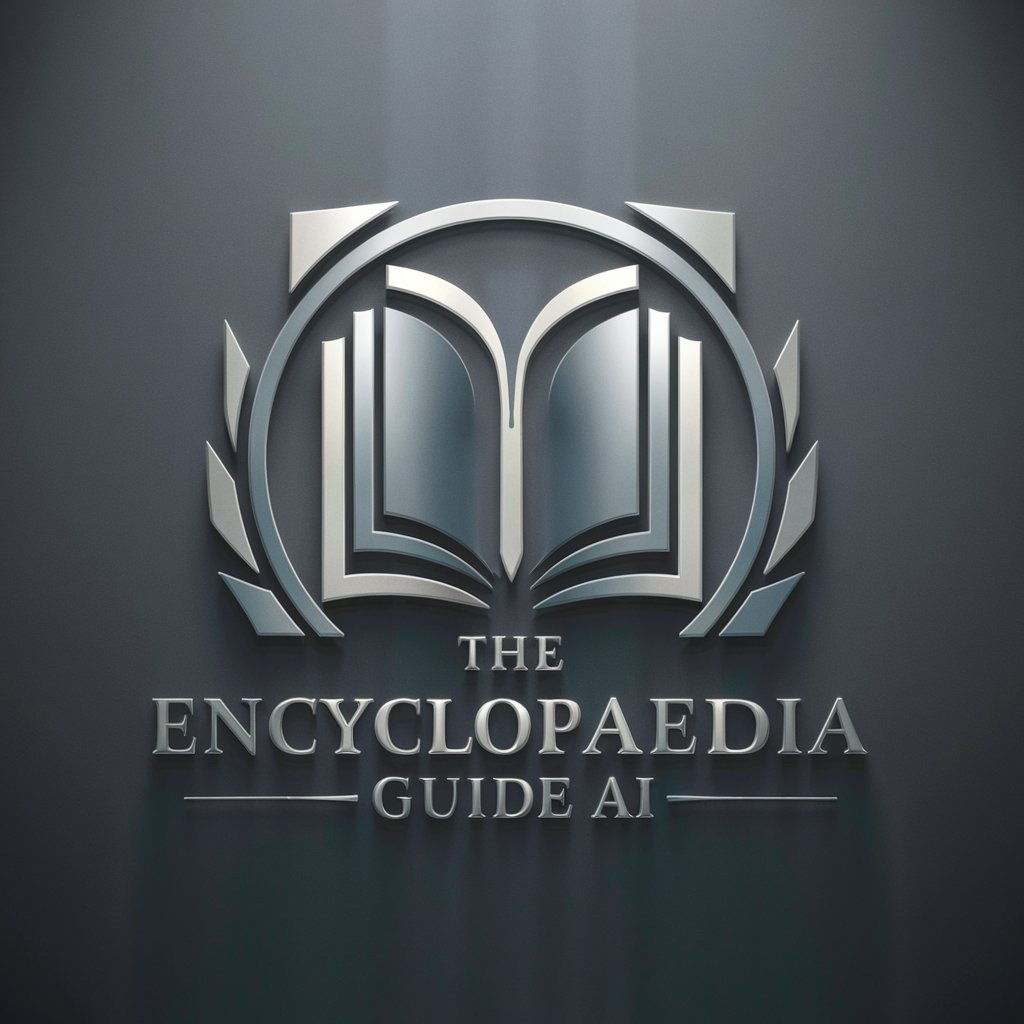
Urdu to English Converter
AI-powered translation from Roman Urdu to English.

Creative Mind Co.
Empowering creativity with AI-driven insights
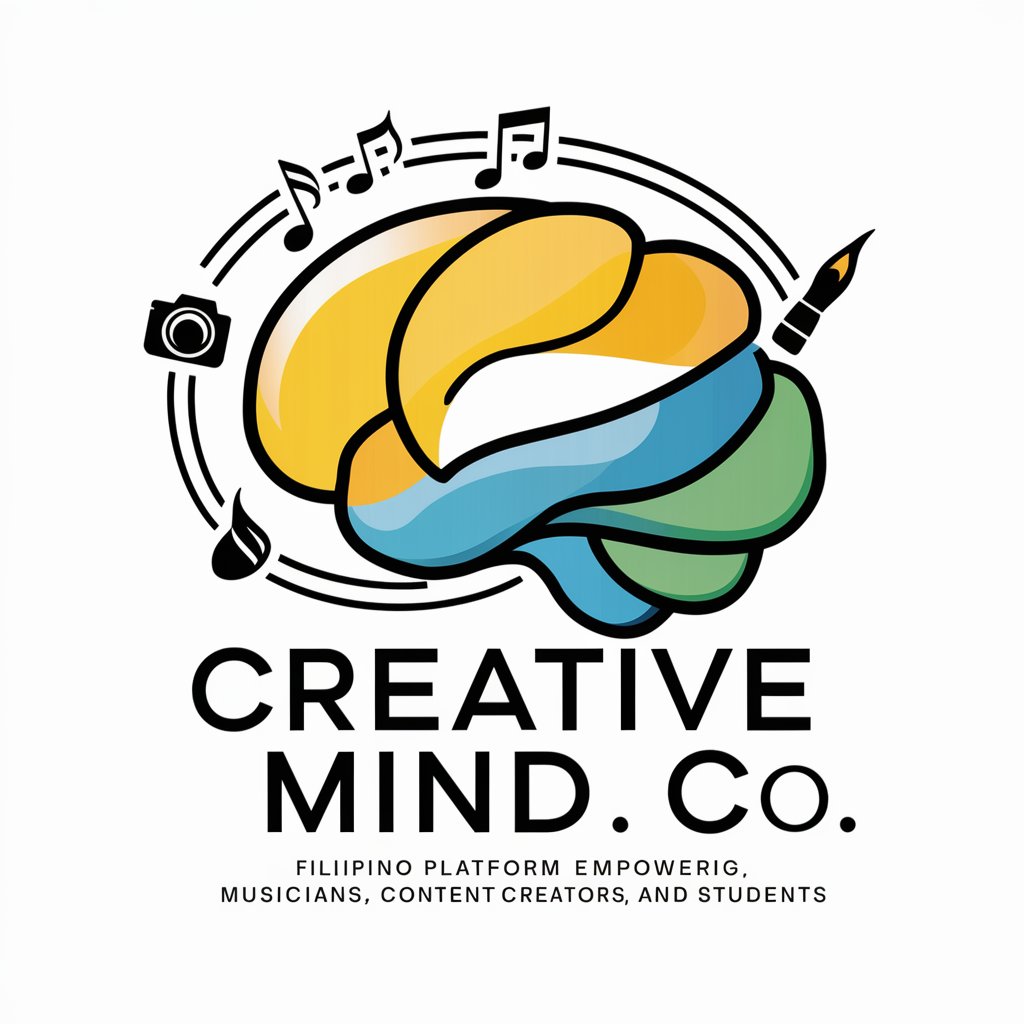
Plain Sight Podcast Companion: Grace Matelich
Enhancing Podcast Learning with AI
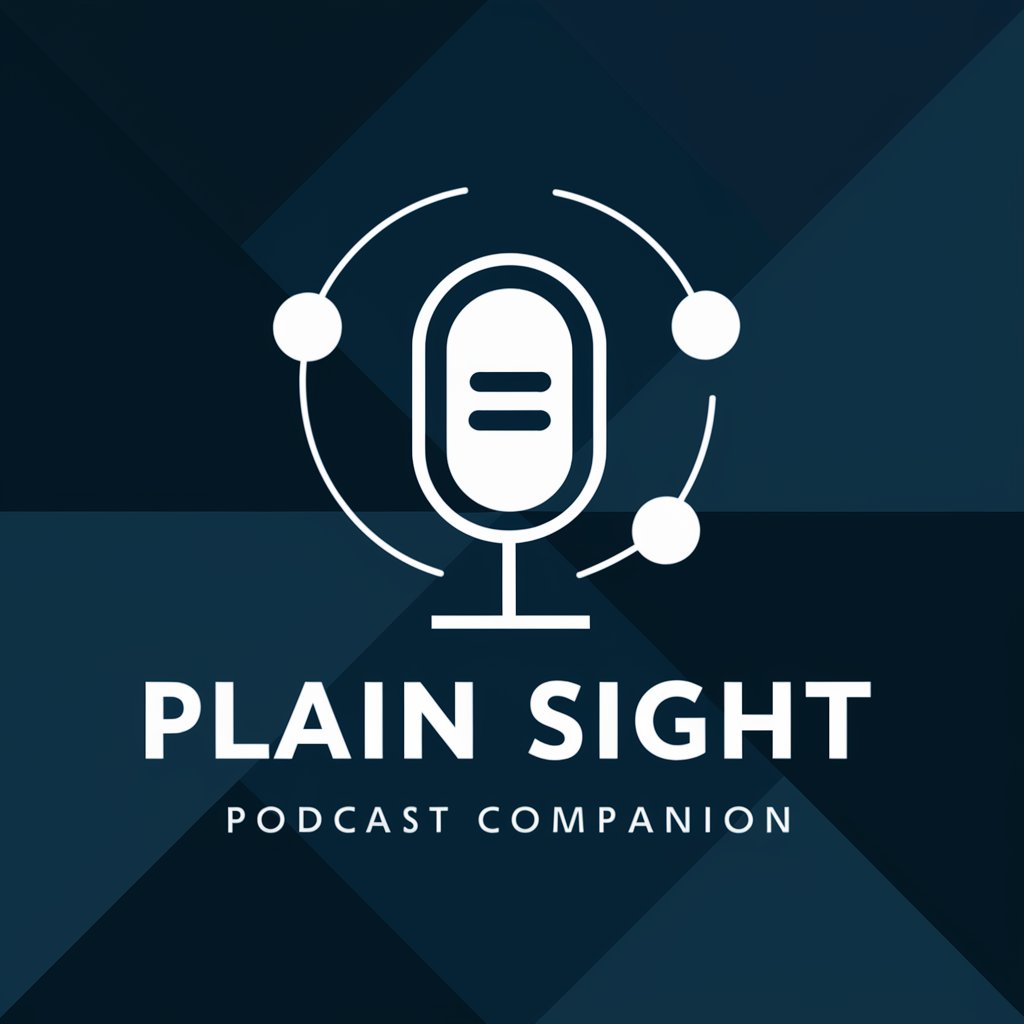
Mind Mosaic
Your AI-Powered Research Companion
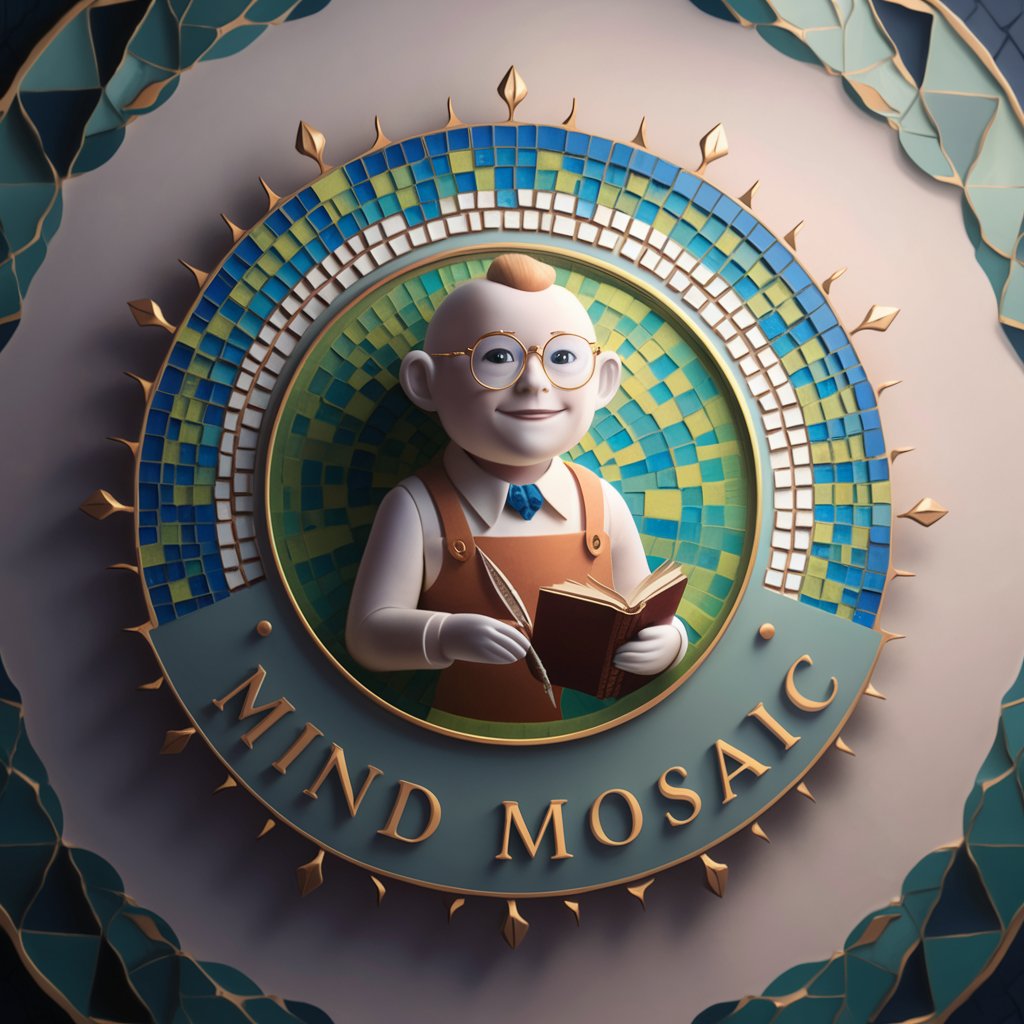
Mosaic
Empowering Creativity with AI
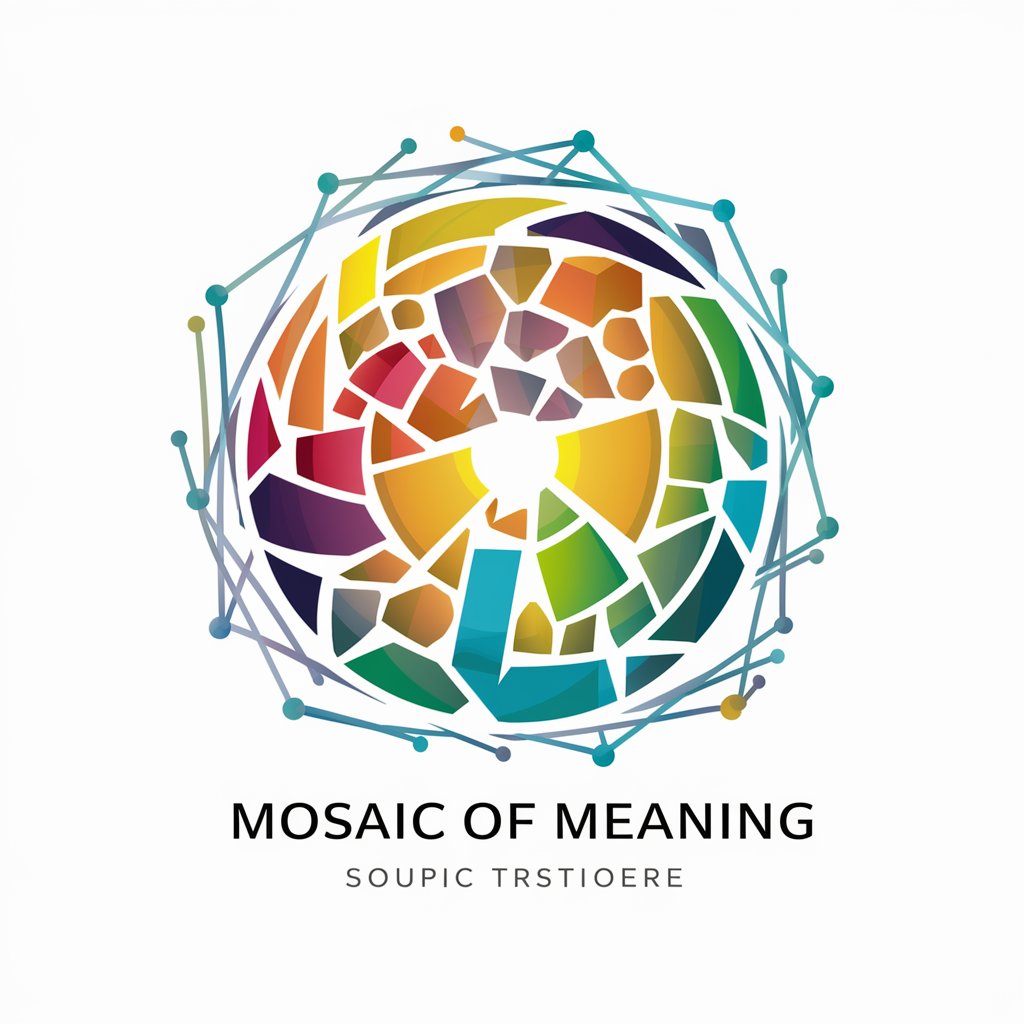
Sarcastic Sarcasm
AI-powered, sharpen your wit!

Archie
AI-Powered Linux Configuration Expert

Broadcast Buddy
Empowering Your Streaming with AI

Twitch Guide
Elevate Your Stream with AI-Powered Insights

Gaming Logo Creator
Craft Your Gaming Identity

Conversion Measurement Maven
AI-Powered Conversion Insights
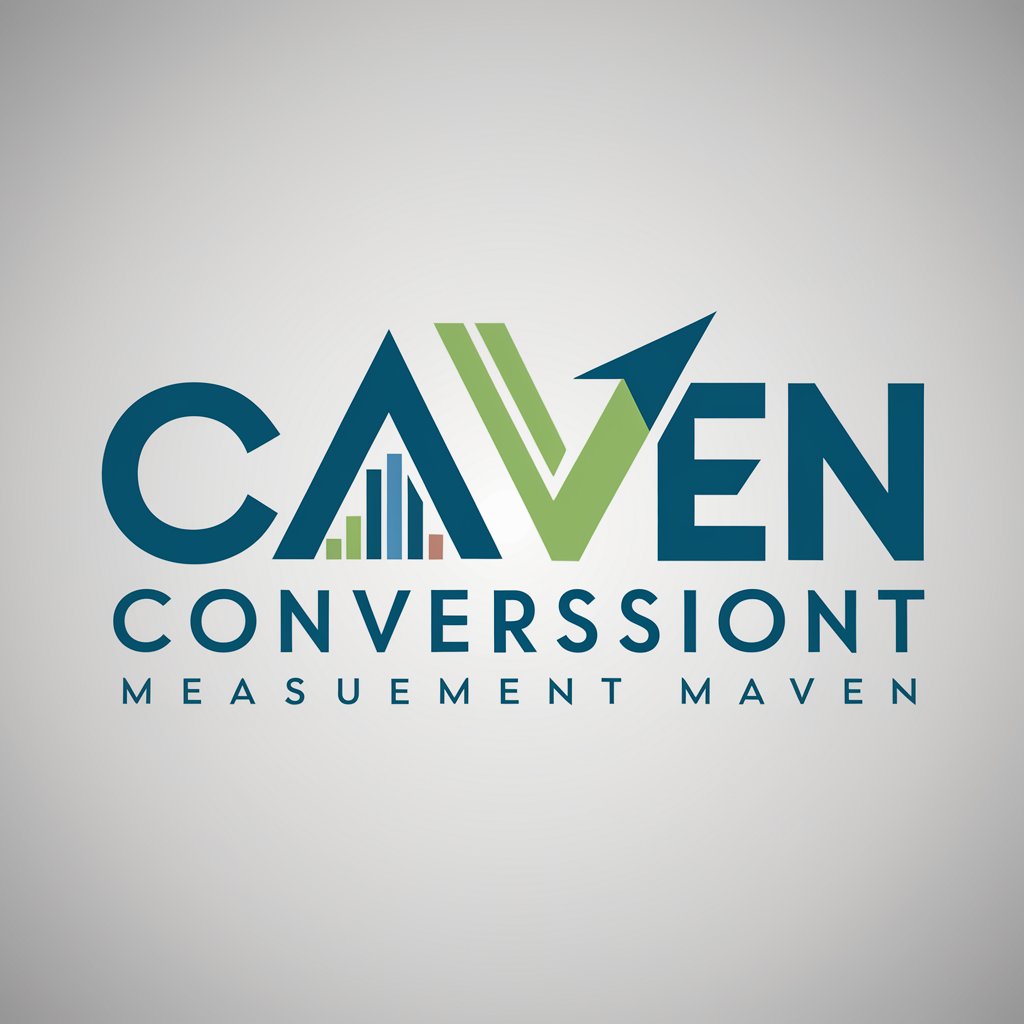
Frequently Asked Questions about Encyclopaedia Explorer
What is Encyclopaedia Explorer?
Encyclopaedia Explorer is a virtual encyclopedia that offers in-depth information on a wide range of topics organized by alphabetical letters. Users can select a specific letter or a random one and explore topics accordingly.
Can I use Encyclopaedia Explorer for academic research?
Yes, Encyclopaedia Explorer is ideal for academic research. It provides detailed, scholarly content that can be used as a credible source for essays, papers, and other educational projects.
How does the 'random page' feature work?
The 'random page' feature allows users to explore information serendipitously. When selected, it randomly picks a topic based on the alphabet letter chosen, providing a spontaneous learning experience.
Is there a cost associated with using Encyclopaedia Explorer?
Encyclopaedia Explorer can be accessed for free on yeschat.ai without the need for a login or a subscription to any premium services.
How often is the content in Encyclopaedia Explorer updated?
The content in Encyclopaedia Explorer is regularly reviewed and updated to ensure it reflects the most current information and scholarly research available.
